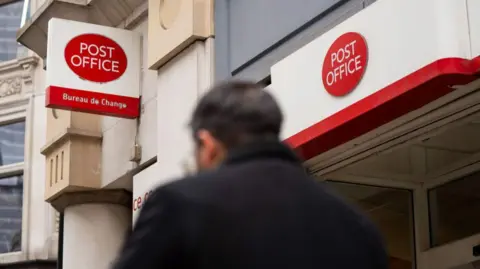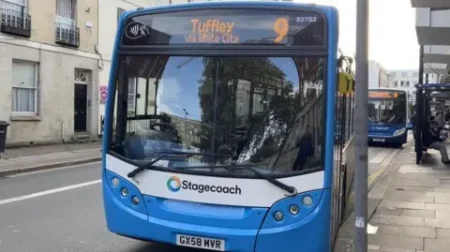The British government’s proposal to potentially transition the Post Office into an employee-owned business has set a notable precedent for how public services can evolve to meet the needs of modern society. As the Post Office grapples with its future, the government has initiated a public consultation designed to gather insights and feedback from the community and stakeholders.
With over 11,500 locations across the UK, the Post Office is a pivotal service fully owned by the state and funded through taxpayer support. This extensive network has come under scrutiny in recent years due to a scandal that tarnished its reputation. The wrongful convictions of numerous sub-postmasters stemming from reliance on defective software for accounting practices highlighted significant failures within the organization.
Post Office Minister Gareth Thomas emphasized the need for a new vision for the institution, launching a Green Paper focused on redefining the Post Office’s operational ethos. He noted that to rebuild trust and restore the Post Office’s significance within local communities, it is essential to foster a culture of cooperation and transparency.
The twelve-week consultation period offers a chance for the public to voice their expectations for Post Office services to adapt to shifting consumer needs, particularly in response to the ongoing decline in traditional postal services as digital alternatives gain precedence. Thomas reiterated that a key factor in this transformation is the relationship between the Post Office and the sub-postmasters, indicating that “an honest conversation” about these matters is essential.
Additionally, the government has proposed allocating an extra £118 million to help support changes that are already in the works for the Post Office. This funding will presumably help streamline operations and address longstanding issues that have plagued the organization.
The consultation will also contemplate the range of services the Post Office should provide in the future, indicating a keen interest in expanding its banking services offerings. With many traditional banks closing High Street branches, there is an evident void that the Post Office could potentially fill. Currently, Post Office locations allow customers to conduct essential banking functions such as depositing and withdrawing funds, purchasing foreign currency, and submitting applications for critical documents like passports; however, the breadth of services is mostly available only at larger locations.
Research accompanying the Green Paper revealed the significant social value that the Post Office contributes, amounting to approximately £5.2 billion a year for households and £1.3 billion annually for small and medium enterprises. Despite this, the organization has struggled to achieve profitability, often dependent on government subsidies due to fluctuating customer behavior and a noticeable decline in traditional mail services.
Furthermore, approximately 7% of the UK population lives within three miles of a Post Office, with about 4,000 branches open every day of the week. However, the recent trend has seen the organization announcing a transition of its last standalone branches to a franchise model, where franchise holders can offer Post Office services alongside other retail offerings. The implications of the upcoming consultation could further alter how these retail outlets operate and what ownership structure might look like moving forward.
The discussion surrounding mutualization of the Post Office has been a topic of interest since its separation from the Royal Mail in 2012. Advocates of a co-operative model often cite that involving employees directly in management decisions could prevent management oversights and dysfunction. Prominent examples of successful mutual organizations include the John Lewis Partnership and the Co-operative, both of which have demonstrated that such a structure can foster a more engaged workforce with a vested interest in the company’s performance.
Neil Brocklehurst, the current chief executive of the Post Office, declared the Green Paper a “once-in-a-decade opportunity” to engage the nation in reshaping the future of local Post Offices, ensuring their reinvigoration as vital community assets. As the government continues to seek input and feedback through the public consultation, the outcomes of this process may lead to transformative changes that redefine the Post Office’s role in the UK.










